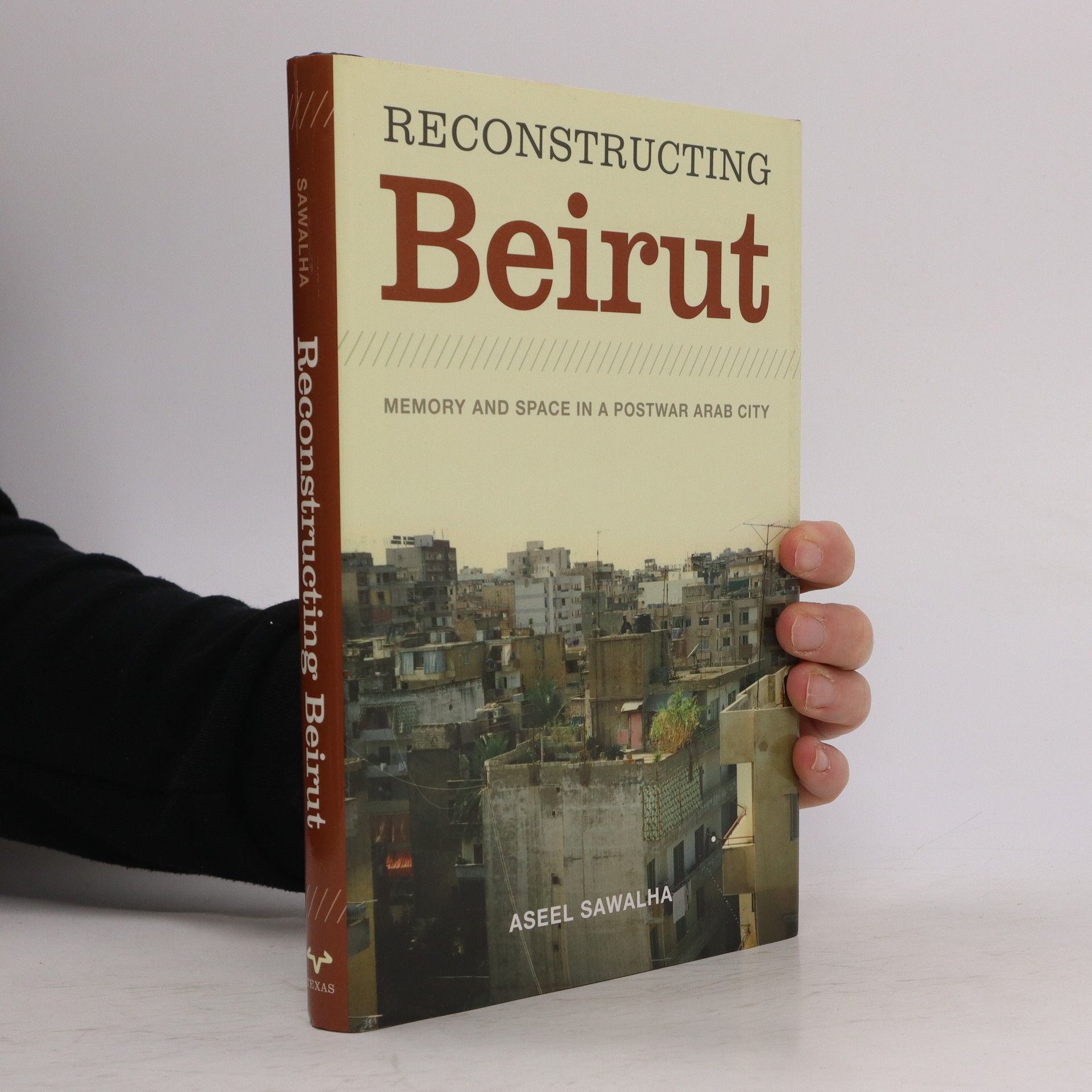Set against the backdrop of Beirut's civil war and its aftermath, this ethnography explores the city's struggle to regain normalcy amidst chaos. It delves into the diverse reactions of various groups to a significant urban-renewal project, highlighting the complexities of rebuilding in a "postwar state of emergency." Through this lens, the book examines the socio-political dynamics and the impact of privatization on the community, revealing how residents navigate the challenges of a transformed urban landscape.
La Serie de Jamal y Rania Daniel sobre Historia Contemporánea, Política, Cultura y Religión del Levante Serie
Esta serie se adentra en el intrincado mundo del Levante, una región marcada por la historia, la política, la cultura y la religión. Cada entrega ofrece una exploración perspicaz de los problemas y dinámicas contemporáneas que dan forma a la vida de su gente. A través de análisis profundos y narrativas cautivadoras, da vida a las complejidades y resonancias del Levante moderno para el lector. Sirve como lectura esencial para cualquiera que busque una comprensión más profunda de esta parte del mundo, crucial y fascinante.


Orden recomendado de lectura
Reconstructing Beirut
- 176 páginas
- 7 horas de lectura
Once the cosmopolitan center of the Middle East, Beirut was devastated by the civil war that ran from 1975 to 1991, which dislocated many residents, disrupted normal municipal functions, and destroyed the vibrant downtown district. The aftermath of the war was an unstable situation Sawalha considers "a postwar state of emergency," even as the state strove to restore normalcy. This ethnography centers on various groups' responses to Beirut's large, privatized urban-renewal project that unfolded during this turbulent moment. At the core of the study is the theme of remembering space. The official process of rebuilding the city as a node in the global economy collided with local day-to-day concerns, and all arguments invariably inspired narratives of what happened before and during the war. Sawalha explains how Beirutis invoked their past experiences of specific sites to vie for the power to shape those sites in the future. Rather than focus on a single site, the ethnography crosses multiple urban sites and social groups, to survey varied groups with interests in particular spaces. The book contextualizes these spatial conflicts within the discourses of the city's historical accounts and the much-debated concept of heritage, voiced in academic writing, politics, and journalism. In the afterword, Sawalha links these conflicts to the social and political crises of early twenty-first-century Beirut.